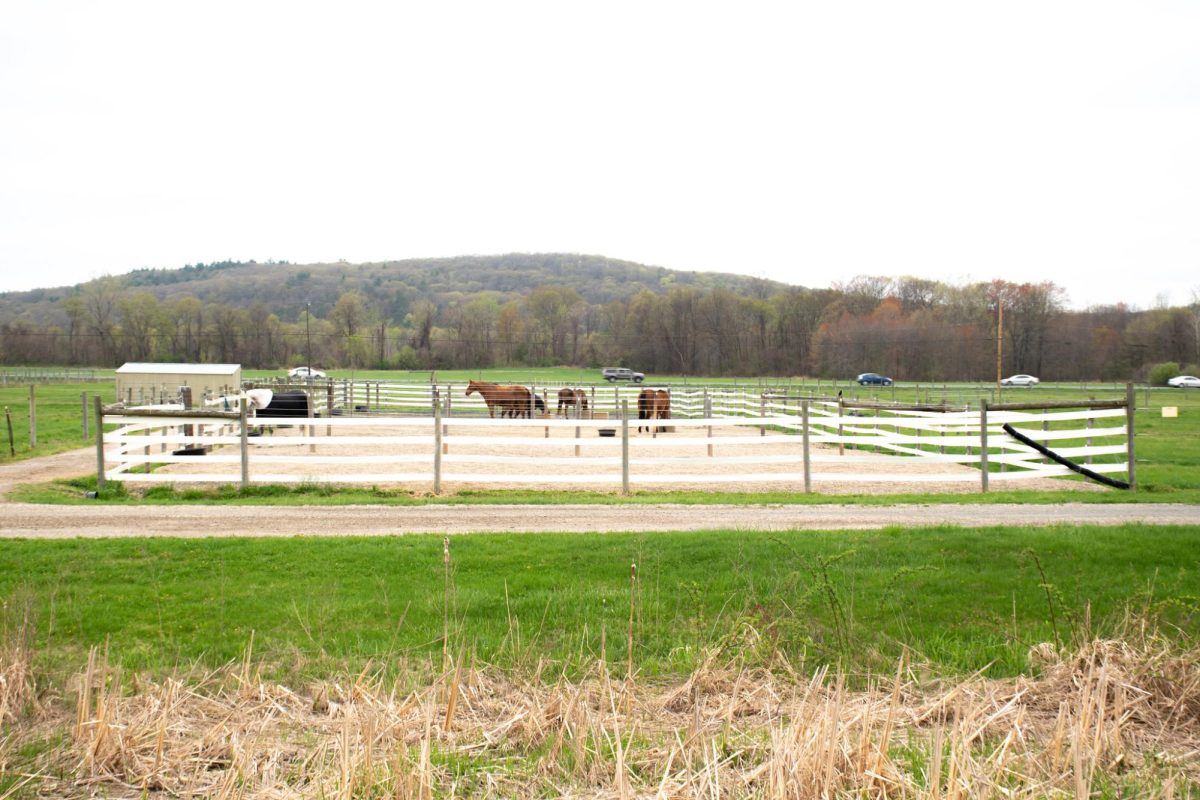I invite you to imagine a scenario I’m sure we’ve all experienced before. A wasp gets into the room on a hot summer day, and everyone starts to freak out, calling for someone to kill it. This would most likely not be the reaction if it had been a honeybee, even though they can also sting.
Most of us have probably seen memes, with honeybees labeled as “nice” and “useful” and wasps labeled as “mean” and “useless.” The moralizing of insects aside, this attitude has always bothered me. Sure, arbitrarily hating one random insect and loving another is largely harmless, but I think it contributes to a more prominent attitude toward nature. Why is it that our metric for deciding what deserves to live is how useful it is to us and whether or not we can take something from it?
Another example is the movement to save monarch butterflies. They are endangered, and preserving their habitat is extremely important. But why don’t we have that same sort of movement to save the hagfish, which are just as threatened? The answer, of course, is a matter of aesthetics. Monarch butterflies are beautiful, while hagfish are ugly, slime-producing creatures.
What we are missing in this view of the world, where value is only placed on things that are aesthetically pleasing or directly useful, is that we are part of a system. That includes us and yes, wasps and hagfish. Wasps do sting, but they are also — like bees — vital pollinators. Hagfish are gross, but they do their part by scavenging dead animals from the ocean floor, making the habitat suitable for many other aquatic creatures. Why do we only place value on life from which we can directly extract goods?
The answer is that we live under an economic system that relies on constant growth, and that constant growth relies on us extracting as many resources from the environment as possible. This is not a sustainable practice on a planet with finite resources. This is not an innate human practice.
Many indigenous communities have philosophies that include shaping the landscape in a sustainable fashion, as opposed to trying to dominate it. Many indigenous cultures in the midwestern United States performed scheduled burns to revitalize forests and kept populations of large grazing animals under control through hunting. Many of these practices are still done despite centuries of attempted eradication by the U.S. government.
When colonizers arrived in America, they quickly began to exploit the landscape. Bison were hunted almost to extinction, leading to a decrease in the biodiversity of the plains. Grasslands were destroyed for farmland, leading to massive dust storms. The desire to conquer nature, exploiting it for as many resources as possible for profit, is a distinctly colonial mindset, and it will not serve anyone in the long run.
We are always in a rush to place monetary value on the environment. Do we truly believe that life exists for us to take from? If we do believe that, then there’s no wonder we are in this ecological crisis today.
Nature is a system that we all are a part of, whether we want to be or not. The view that we are not animals that also rely on nature’s balance, that nature is no more than a gathering of resources to extract for our own gain, is not sustainable. To heal our relationship with the natural world, we must learn to respect nature for what it is: a cycle that sustains us. As Robin Wall Kimmerer, a botanist, author and member of the Potawatomi Nation says, “Each person, human or no, is bound to every other in a reciprocal relationship.”
Life does not exist solely for us to exploit.
Grace Jungmann can be reached at [email protected].



















Lauren • Sep 26, 2023 at 11:46 am
“life does not exist solely to exploit”
so well written!! all your points are so soundly made and it’s crazy because I never even knew wasps were pollinators! Thanks for the awesome read Grace!